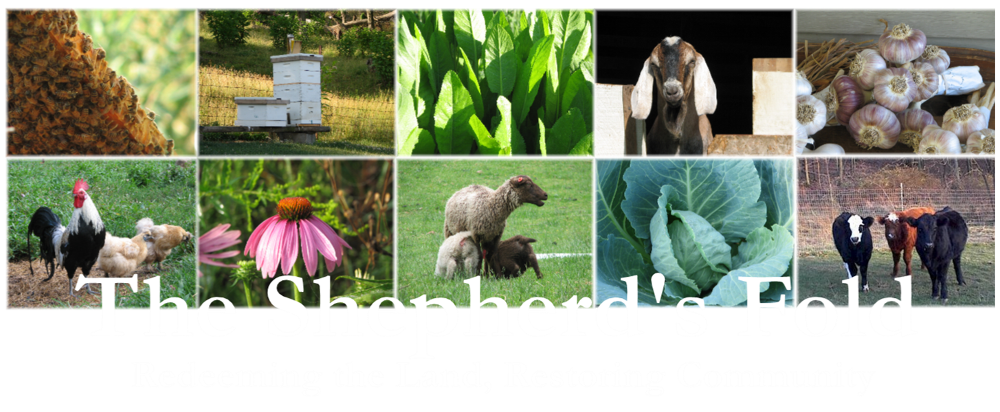| |
About
Garden and CSA...
The CSA (community supported agriculture)
concept is a fantastic, but relatively new idea. The principle involves
several families purchasing “shares” of a garden, either with one annual
payment, or split into smaller weekly payments. The “shareholder”
then receives a “share “of the bounty from that garden on a weekly basis
throughout the harvest season. A May share could include escarole,
radishes, baby greens, rhubarb and green onions, while a September share
would more likely contain things like tomatoes, pumpkins, onions,
garlic, potatoes, and cabbage. Every vegetable sent to you at its peak
flavor, in season. This is living off the land when you don't have the
time or space to grow these things yourself.
We don't spray pesticides on our garden either, so you
don't have to worry about residues. Our veggies
don't
have to survive a 1,500 mile trip to get to you every week; you pick
them up right on the farm where they grew. This allows us to grow
varieties that, while they might not ship well, or have a three month
shelf life, will have ten times the flavor of their produce dept.
counterparts. We grow green zebra and black plum tomatoes, round Italian
zucchini, blue and fingerling potatoes, and heirloom garlic and more. We
grow standard varieties too, but these heirlooms (in the same class as
heritage animals) are what make our CSA fun and flavorful. We
enjoy doing things a little differently, and so do the folks who share
our garden. Community Supported Agriculture is more than
just a garden share program; it’s a way of life.
Sustainable agriculture is not only good
for the farm and the farmer, it’s good for the consumer and the
environment as well … For centuries, consumers have been using their
food dollars to tell farmers what they want. If you go to the local
discount superstore, and spend your food dollars on Brazilian produce,
Chinese honey, feedlot beef injected with MSG and salt solution, and
battery-farm chicken, you are supporting ecologically unstable
monoculture farming. Shop at the Farmer's Market instead, and let your
food dollars tell the farming community what you want; fresh, local,
healthy food. Please, support your local sustainable farmers! We can't
do it without you.
|
|
|


